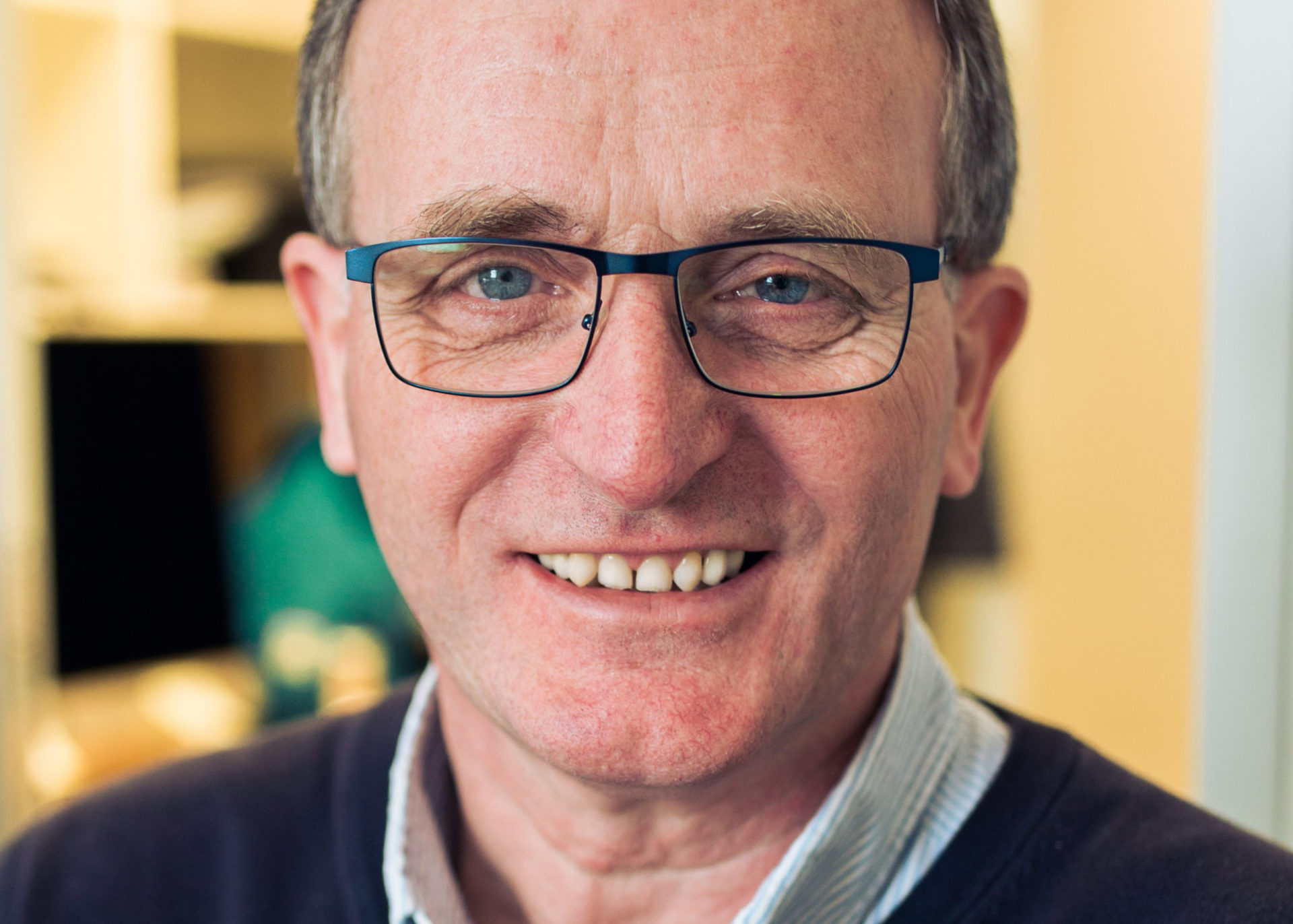Diarmaid Hughes is Professor of Medical Molecular Bacteriology at Uppsala University, Sweden.
He has been working actively within the Innovative Medicines Initiative (IMI), New Drugs for Bad Bugs (ND4BB), ENABLE Project since its beginning in February 2014. ENABLE is a public-private partnership involving collaboration between more than 40 partners including several European Federation of Pharmaceutical Industries and Associations (EFPIA) companies, multiple small and medium-sized enterprises, research institutes, academic hospitals and universities spread throughout Europe. ENABLE’s remit is to develop promising antibiotic hits and leads with potential to treat high-priority Gram-negative bacterial species. ENABLE’s specific goals are to identify several novel leads and candidates and to take at least one compound into and through phase 1 clinical trials. Diarmaid is head of the in vitro Microbiology Platform in ENABLE, coordinating work in several microbiology hubs around Europe. He is also a member of the ENABLE Consortium Management Office.
Since the IMI ENABLE project ended in 2021 the Swedish government has funded a smaller-scale continuation project, ENABLE-2, to maintain essential parts of the antibiotic discovery platform. ENABLE-2 supports antibiotic Hit to Lead projects from academic groups throughout Europe. Diarmaid Hughes is co-coordinator of ENABLE-2.
Diarmaid’s research interests outside ENABLE include bacterial evolution and physiology with a particular interest in the evolutionary trajectories to antibiotic resistance, and how resistance affects relative biological fitness. He has published over 100 original research articles and numerous reviews, many on antibiotic resistance evolution.
He holds a PhD in Genetics from Trinity College Dublin and is a Fellow of the American Academy of Microbiology.
